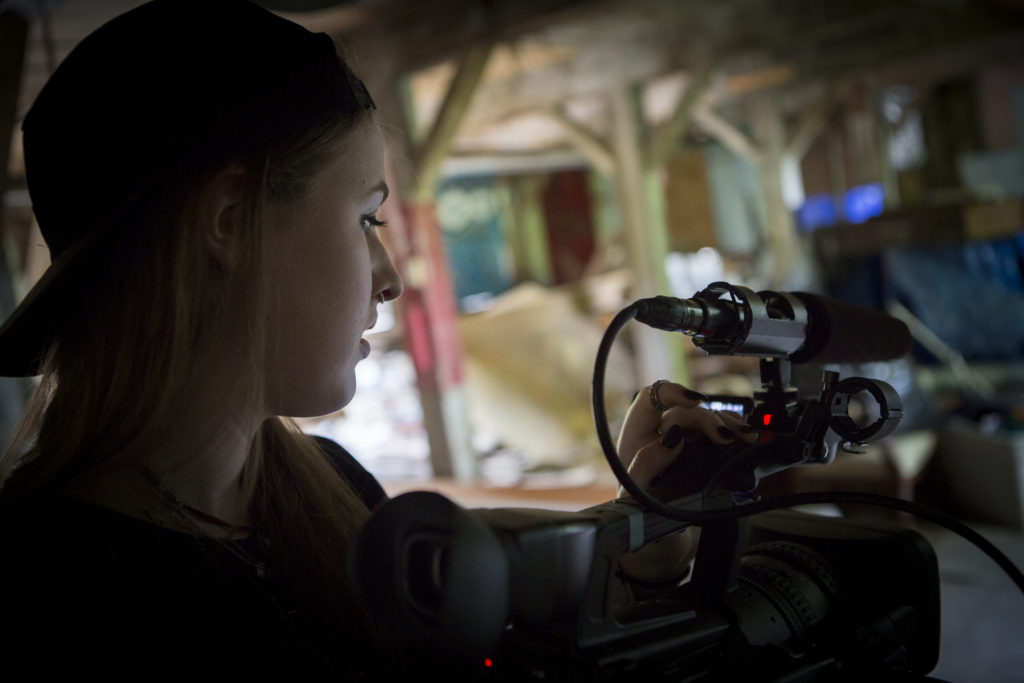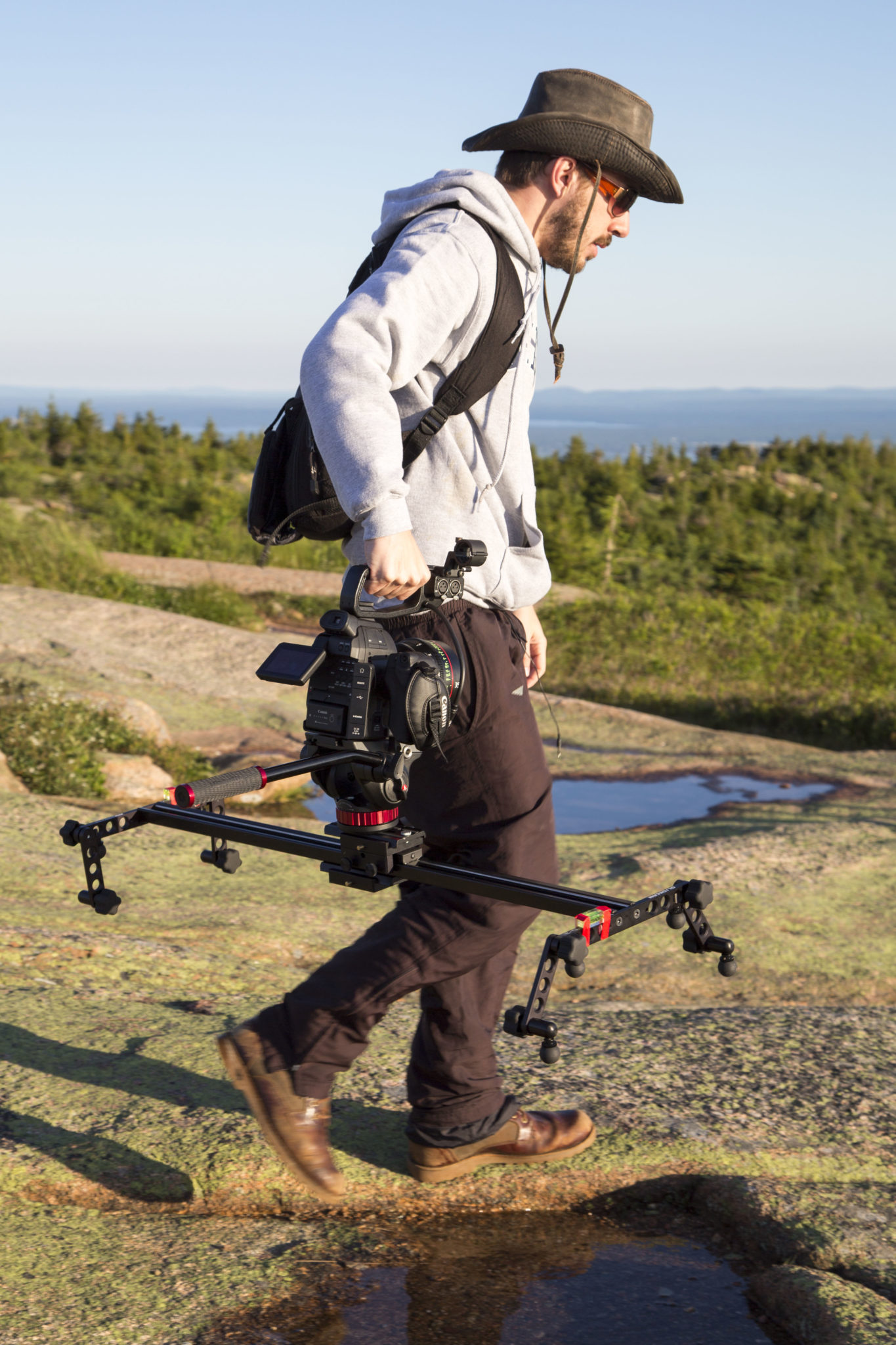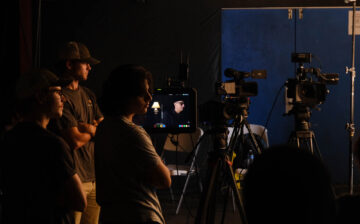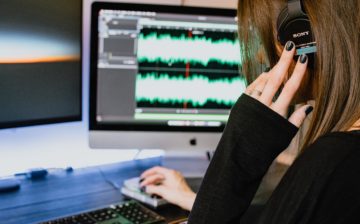Workshops
Explore the camera’s unique and pivotal role in non-fiction storytelling, learning the skills and techniques to make impactful visuals that move audiences.
There are no available registration dates at this time.
Today’s audience has become very sophisticated in their appreciation of the visual art of filmmaking. Expectations by audiences are for high-level production quality in all visual forms of storytelling, including documentary film. This workshop provides students with an understanding of how photography and cinematography tools and skills are adapted to address the unique demand of non-fiction filmmaking.
This one-week course is for emerging and professional documentary filmmakers and cinematographers who want to explore the technical and creative role that the camera plays in documentary production. Through screenings, analysis of documentaries, examination of camera style, and a close look at technical and storytelling solutions, students will become experts at defining what makes a convincing documentary. Throughout the week the class will examine the importance of anticipating technical and logistical choices before the shoot. The workshop covers storytelling, shot design, sequencing and continuity, blocking and camera moves, composition, POV, and lens selection.
The mornings are spent in the classroom for discussion, critiques, and screenings. The afternoons are dedicated to research and fieldwork as the students find and shoot a short documentary and gain practical experience handling the camera in a variety of situations. Scenes are edited for review and critique.
Notable former students include Academy Award-winner, Laura Poitras, director “Citizenfour” (Best Documentary, Oscars).
Student Testimonials:
“I came away knowing 500% more than I knew coming in” – Matthew Johnson, Washington, DC
“Documentary camera was both humbling and empowering as a whole new way of ‘seeing’ & perspective opened with regards to filming and as we were given unusual opportunities to practice new skills with encouraging feedback” – L. Stager, Searsmont, ME
Please note: An hour-long training session on Set Etiquette and Safety will be required of anyone registered for a workshop that involves production. Students only need to participate in this session once during their time on campus.
Image Credits: Devin Altobello, Sophie Gibbings, Header Image: Skip Klein






